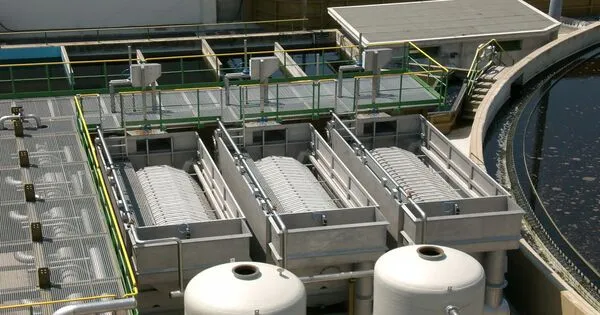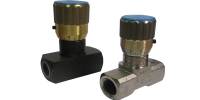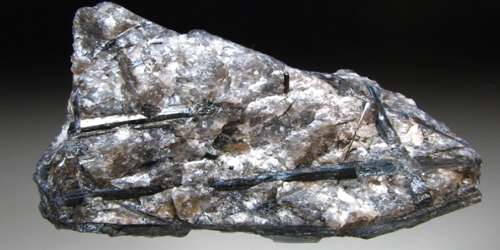A cloth filter is a simple and low-cost suitable technology solution for decreasing drinking water contamination that was designed primarily for usage in Bangladesh. It usually refers to a porous material consisting of fabric or cloth that is used to separate solid particles from fluids or gases. This method of collecting water significantly reduces the number of pathogens. Though not always completely secure, it is an improvement for poor individuals who have few options.
Cloth filters are extensively used for a variety of purposes, including water filtration, air filtration, and industrial operations. The cloth filter’s design and substance can vary depending on its intended function. Filtering water to eliminate microorganisms has been a long-standing practice among Jains, who meticulously remove microorganisms from fabric using filtered water in order to adhere to the tenet of Ahimsa, or nonviolence, which prohibits pain to any living creature.
Method
The method employed in Bangladesh is as follows: fold the fabric into four or eight layers and place it over a wide-mouthed container used to collect surface water. After usage, simply rinse the cloth and allow it to dry in the sun for a few hours. During the monsoon season, it may be best to use a low-cost disinfectant to decontaminate the material.
Cotton saris are the favored cloth. Other sorts of clean, old cloths can be used with some success, but the effectiveness will vary greatly. Used fabric is more effective than new cloth because regular washing minimizes the distance between the fibers.
Here are a few examples –
- Water Filtration: Cloth filters are often used in household water filters to remove impurities and particulate matter from tap water. The cloth acts as a barrier, allowing water to pass through while trapping particles.
- Coffee Filtration: In some traditional coffee brewing methods, cloth filters are used instead of paper filters. These filters allow oils and fine particles to pass through, resulting in a different flavor profile compared to paper filters.
- Industrial Filtration: Cloth filters are used in various industrial processes to filter out solid particles from liquids or gases. The choice of cloth material and pore size depends on the specific requirements of the application.
- Air Filtration: Cloth filters are employed in some air purifiers and HVAC systems to capture airborne particles, dust, and pollutants. They can be washable and reusable in some cases.
- Chemical Processing: In certain chemical processes, cloth filters may be used to separate solids from liquids during filtration operations.
When using cloth filters, it’s essential to consider factors such as the pore size of the fabric, the material’s compatibility with the substances being filtered, and the maintenance requirements. Regular cleaning or replacement may be necessary to ensure the continued effectiveness of the filter.
















